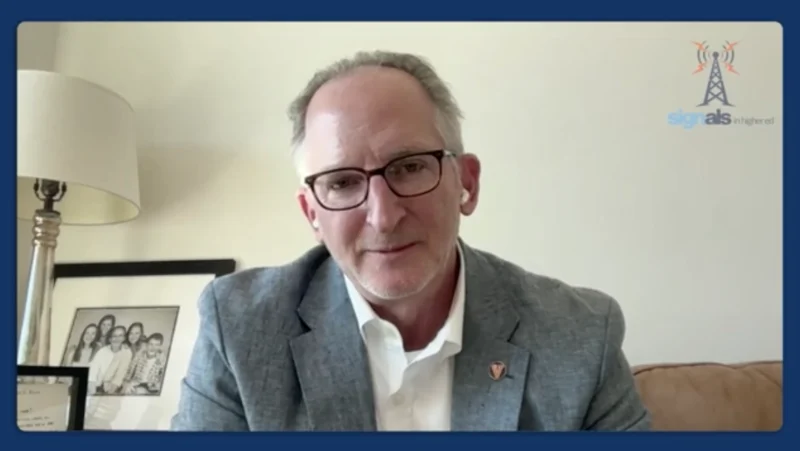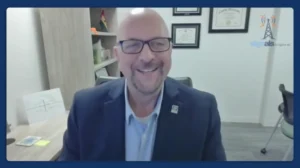Training New Semiconductor Manufacturing Professionals is Key to Meet Coming Domestic Manufacturing Demand
Over the past few years, the U.S. has made significant strides in semiconductor manufacturing, driven by substantial investments and strategic policies. With the CHIPS Act expected to triple domestic semiconductor manufacturing capacity by 2032, the need for a skilled workforce is more urgent than ever. This discussion explores the key question: What does the industry need to support the next generation of professionals, and where are the talent gaps?
In this episode of Experts Talk, host Daniel Litwin is joined by guests Rob Picken, SVP of Digital Transformation at Sourceability; Gustavo Sepulveda, Process Automation Business Head at Panasonic Connect North America; Mark Granahan, Co-Founder and CEO of iDEAL Semiconductor; and Beth Keser, Ph.D., VP of Manufacturing Technology at Zero ASIC.
Key Points
- Projected Growth: The U.S. aims to significantly increase its semiconductor manufacturing capacity by 2032, driven by the CHIPS Act and substantial private investments.
- Skill Gaps: Identifying and addressing specific skill gaps in the current workforce is critical to meeting the projected growth in semiconductor manufacturing.
- Education and Training: Effective training pipelines and continuous education models are essential for preparing the workforce for the industry’s future demands.
About the Experts
- Rob Picken: Rob Picken is the SVP of Digital Transformation at Sourceability, where he focuses on developing systems, processes, and people to enhance business growth and collaboration. Previously, he served as Global Programme Director at Converge, managing key account strategies and global solutions programs. Earlier in his career, he was Director of Sales – EMEA at SiliconExpert Technologies, where he significantly drove business development and achieved a $5 million revenue stream in under three and a half years.
- Gustavo Sepulveda: Gustavo Sepulveda is a seasoned international executive currently serving as the Process Automation Business Head at Panasonic Connect North America, where he leads P&L and delivers manufacturing capital equipment, automation solutions, and MES software. Prior to this, he managed global robotics strategy implementation and served as Sr. VP and General Manager for ABB’s US Robotics Business, overseeing operations in automotive, consumer goods, and electronics. He also held key roles at ABB in South America and Universal Instruments Corporation in Mexico, driving sales and managing P&L across various regions.
- Mark Granahan: Mark Granahan is the Co-Founder and CEO of iDEAL Semiconductor, where he has led the company since its inception in 2017. Prior to this, he was the General Manager of Discrete Power Products at Texas Instruments from 2009 to 2014 and founded Ciclon Semiconductor, which was later acquired by Texas Instruments. Granahan also held executive roles at Lucent Technologies Bell Labs and began his career at Texas Instruments, amassing over 14 years of experience in their Analog and Power Division.
- Beth Keser, Ph.D.: Dr. Beth Keser, VP of Manufacturing Technology at Zero ASIC, is a distinguished leader in the semiconductor packaging industry with over 25 years of experience, holding 48 US patents and authoring over 50 publications. At Qualcomm, she led the development of Wafer Level Packaging, resulting in the qualification of over 50 products and the shipment of over 10 billion units. Previously at Intel, she managed the Packaging & Systems Technology department and has held leadership roles in IEEE and IMAPS, contributing significantly to advancements in electronic packaging technologies.
Article written by MarketScale.









